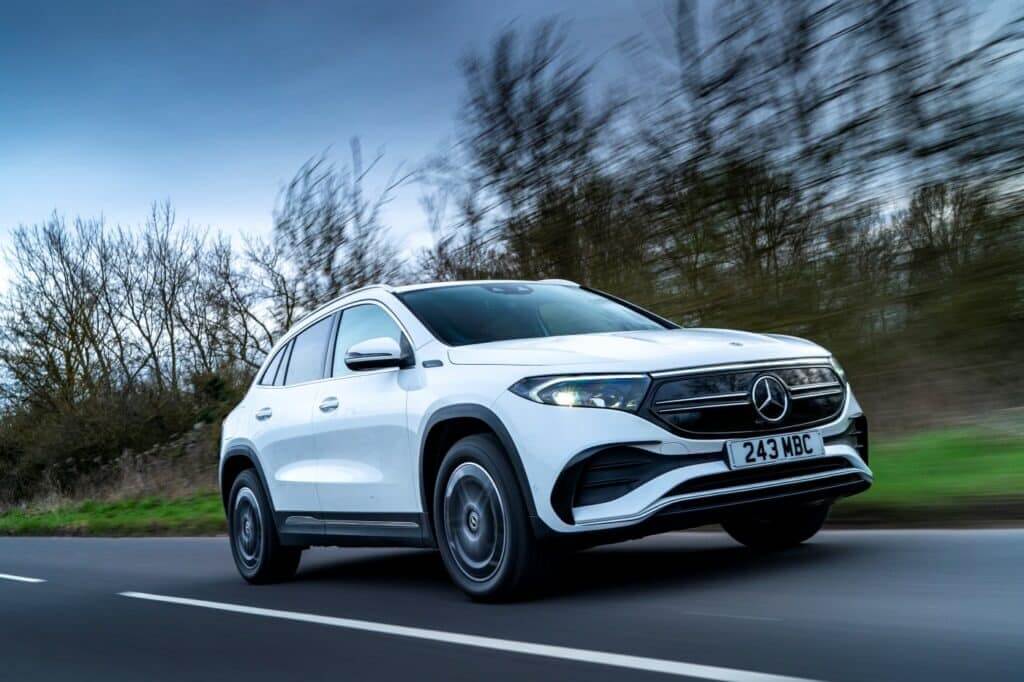What checks are done for car finance?
If you choose to take out car finance, the lender will perform checks to assess your eligibility for finance before you are accepted.
Credit check
Initially, the finance company will carry out a soft credit check to get a general overview of your credit history to assess your eligibility. Soft credit checks do not have an effect on your credit score. Once you have your initial agreement and if you decide to proceed, a hard credit check will be carried out. Unlike a soft credit check, this type of credit check looks at your full credit history and can damage your credit score if you carry out too many in a short space of time.
Proof of identity
The lender will also require proof of identity, usually in the form of a driver’s licence or passport. This is so you can prove who you are and to ensure you are not committing an act of fraud.
Proof of address
You will usually be required to provide a minimum of three years of address history. This can be done by providing copies of your utility bills.
Income and employment history
In order to assess your capability to pay back the car finance, lenders will want to see proof of your income. If you are self-employed you might need to provide additional information to the lender.
Driver’s licence
Many lenders will require you to provide a valid driver’s license to prove your legal status to drive. Without this, you may have your application rejected.
How long does car finance approval take?
On average it will take between 1-2 days for car finance to be approved, however, some lenders can give you a response sooner. The length of time will usually depend on what checks are involved.
At Motor’s we’ve partnered with CarMoney to find you the most suitable car finance option for you. For a quick estimate for HP car finance, use our finance calculator.
How to get the best used car finance deal
Whilst many terms of the car finance agreement are fixed such as interest rates and APR, there are some things you can do in order to lower your monthly repayments and get the best car finance deal.
Consider the deposit amount and length of the term
Comparing different term lengths and deposit amounts can have an effect on the monthly payments and how much you will pay overall. If you are able to, putting down a larger deposit can reduce your monthly payments.
Whilst opting for a longer term can reduce your monthly payments, you might end up paying more in interest overall. Therefore a shorter term could be the better option.
Improve your credit score
Your credit score will dictate the terms of your agreement and the interest rates you are offered. If your credit score is low or you haven’t yet built a credit rating, lenders will consider you more of a risk. Because of this, your finance options might be more limited and you can expect to pay more in interest. Improving your credit score before you apply for a car finance agreement will increase your chances of getting a better deal.
Be aware of the extras and fees
With some agreements, you will be charged a fee if you break the terms of your agreement. For example, if you exceed your mileage allowance or damage the vehicle beyond what is considered fair wear and tear. It is always a good idea to consider whether you could afford these if you were required to pay them.
Compare multiple deals
There are lots of deals out there and shopping around for car finance agreements is a great way to ensure you are getting the best deal. Whilst there isn’t a limit to how many soft checks you can have, we would not advise carrying out multiple hard credit checks. This can damage your credit score and in turn, make you ineligible for the best deals. Most car finance calculators are speculative so will only conduct soft searches initially.
Alternative ways to finance a used car
Using a credit card to buy a car
Purchasing a used car on a credit card can not only give you flexibility in terms of payment, but it will also provide you will additional protection under Section 75 of the Consumer Credit Act. That being said, some used car dealers might charge a card handle fee which can be as high as 3% and some might not accept them at all.



